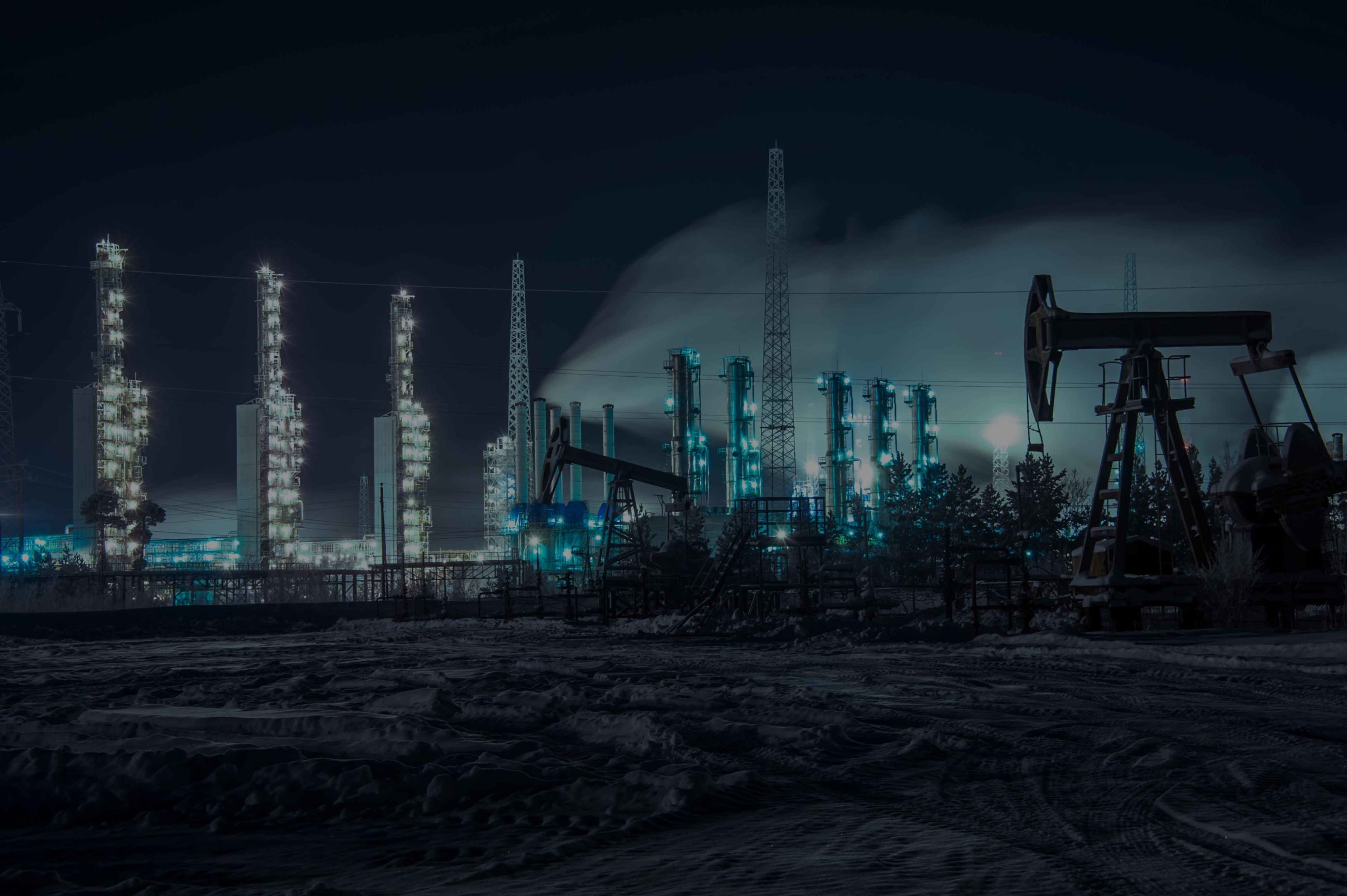Beginning early 2022, Russia cut supplies of natural gas to several countries in Europe. This was in response to Western sanctions following Russia’s invasion of Ukraine. However, Europe was already facing questions on energy security before the war began. A potential natural gas shortage threatens to disrupt supply chains. Reasons include:
- Reduced flow of natural gas in Russian gas pipelines to Europe. Russia has stopped natural gas delivery to Bulgaria, Denmark, Finland, Latvia, Netherlands and Poland. Following technical issues and a pipeline rupture, supply to Germany via Nord Stream 1 pipeline has also been halted since late summer 2022.
- Alternatives such as liquefied natural gas (LNG) are insufficient. Imports of LNG via floating storage and regasification units currently provide only small volumes. Europe is racing to develop further LNG import terminals and new pipelines.
- Transition to renewable energy takes time. Governments are aiming to speed up the transition to renewables such as biogas or fuels based on clean hydrogen. However, standard sources such as nuclear power and fossil fuels, most notably coal, are seeing a revival.

Impact of a Natural Gas Shortage on Key Industries
Disruption of gas supplies from Russia and Ukraine, along with soaring prices, have impacted global supply chain and manufacturing industries. In advanced economies such as the U.S. and Germany, industry consumes about 33% to 37% of natural gas supply, according to the U.S. Energy Information Administration.
Energy-intensive industries could suffer from a shortage of natural gas needed for production processes or to generate energy. Here are the ways four major industries could be impacted by a natural gas shortage:
Chemicals: The chemical industry is among the hardest hit. Natural gas shortages also heavily affect products including pharmaceuticals, plastics or fertilizer that rely on chemicals. Shortages and high prices thus ripple through to other industries.
Metals: Metals are key for industrial manufacturing. Steel makers may be forced to suspend production. Among others, producing aluminum and zinc consumes huge quantities of gas for smelters.
Glass and paper: Glass and paper are needed for packaging, and their producers are among the top industrial gas users. Europe’s largest paper packaging producer, Smurfit Kappa, says gas rationing could lead to a shortage of paper.
Food and beverage: Producing food and drink is also energy intensive. Beer requires lots of energy for brewing processes, for example. And making beer bottles relies on glass, which consumes large volumes of natural gas in production.
Can Europe Avoid a Natural Gas Shortage?
According to a July 2022 report by the International Monetary Fund, alternative sources could replace up to 70% of Russian gas. This means Europe could avoid extreme shortages during a temporary disruption of around six months.
Nonetheless, a potential natural gas shortage deeply worries most European governments and key industries. Energy security is central to keeping advanced economies running. Households and businesses are being called on to conserve gas and energy to reduce the worst impacts. Even without a natural gas shortage, skyrocketing prices threaten to cripple industries.
How Could a Natural Gas Shortage Impact Your Business?
In most industrial processes, energy supplies cannot be replaced quickly or easily. Technical difficulties are joined by often unwieldy approvals processes. Within the EU, member states have cut natural gas use to avoid rationing.
Inflated costs are already forcing strategy shifts. Businesses may have to maintain operations at a reduced load, distribute production capacity among global locations or stock up on fuel. The search is also on for alternatives to natural gas.
Mercedes-Benz, for example, is confident that the company can make up for potential gas supply shortfalls with power from renewable energy sources. Yet businesses also need to understand whether their suppliers are at risk of a potential drop in natural gas supply.
Top Five Tips for Assessing Your Risk of a Natural Gas Shortage
Here are five tips on how to assess the risk of a natural gas shortage in your supply chain:
- Gain visibility into your key suppliers. Are your suppliers, or sub-suppliers, in countries where natural gas delivery was completely stopped? Gain visibility into your supply network to learn where sub-tiers or third parties in your supply networks are located before crisis hits.
- Identify which suppliers could be affected by a natural gas shortage. Determine where any barriers or transport restrictions exist, particularly for critical suppliers. Map these and other risk objects and be the first to learn of energy outages through real-time monitoring.
- Identify critical goods. Uncover single-source suppliers and any dependencies. Assess the criticality of suppliers and the effect of mitigation activities. For example, quantify the effect of using alternatives in regions that are less likely to be hit by natural gas shortages.
- Take charge of your situation. Have proactive action plans ready, so you know what to do if your suppliers are affected by a disruption in gas supplies. Also have tools in place to help you coordinate tasks, so you can react and communicate faster.
- Assess supplier risk directly. Use surveys for direct feedback. With short surveys, you can assess whether your partners have plans for a natural gas shortage. Save time and effort by automating such risk assessments.

Managing the Effects of a Natural Gas Shortage
High energy prices continue to impact entire economies, industries and companies. Europe’s increased demand for LNG will also affect price and supply on the world market. Leaders of the International Energy Agency (IEA) and the EU said that the bloc is “expected to successfully weather an energy crisis this winter,” but may face a worsening energy shortage by late 2023, according to Al Jazeera.
To weather supply chain disruptions caused by a natural gas shortage, businesses need to gain greater insight into their supply networks, identify which of their suppliers are most at risk and have a plan to react faster should threats materialize.
riskmethods was acquired by Sphera in October 2022. This content originally appeared on the riskmethods website in August 2022 and was slightly modified for sphera.com.






